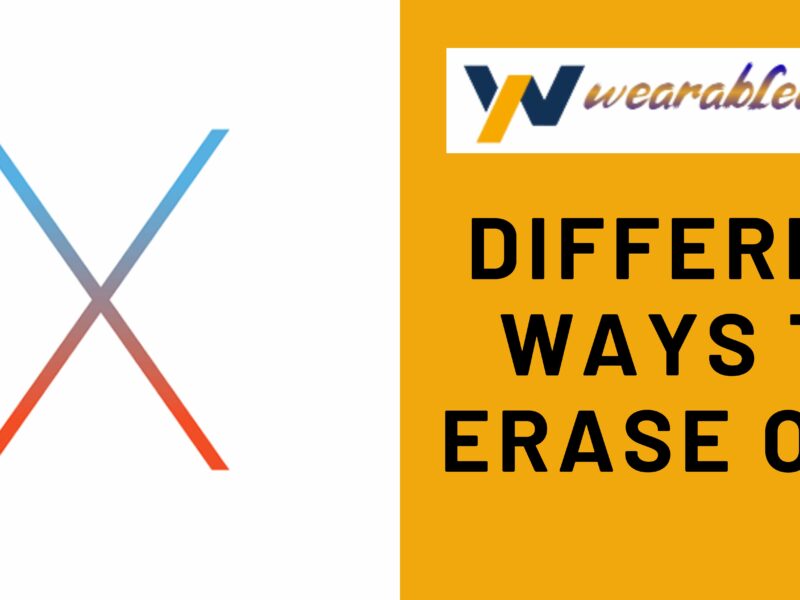There is a lot of talk about app privacy these days. With concerns over how our personal data is being used and shared, many people are looking for ways to protect their information. One way to do this is by using an app privacy report. This report will tell you the specific privacy concerns of a certain app and how it collects and uses your data. By understanding the issues, you can make more informed decisions about how to use the app and protect your data.
How to Use App Privacy Report in the iPhone iOS 15.2
App privacy report finds iPhone apps share more data than Android apps
An analysis of privacy policies reveals that iPhone apps are more likely to share data with their developers than Android apps. For example, the iPhone app “MapMyRun” shares GPS data with the developer, while the Android app “Strava” does not share any data. This trend is likely due to the fact that iPhone apps are often developed by businesses or organizations that need access to user data to improve their product. On the other hand, Android apps are typically developed by individuals or small businesses who may not need access to as much user data.
Overall, this data sharing reveals a few things. First, iPhone apps are more likely to share data with their developers than Android apps. This likely stems from the fact that iPhone apps are often developed by businesses or organizations that need access to user data. Additionally, this data sharing may reveal user habits and preferences, which could be used to improve the iPhone app or develop new features.
However, this data sharing does have some downsides. For example, if someone’s privacy is compromised because of data sharing between their iPhone app and developer, they may not have as much control over the situation as someone who uses an Android app. Additionally, data sharing between iPhone apps and developers may not be as secure as data sharing between Android apps and developers. This is because iPhone apps are typically not as well-protected against hackers, which could lead to the unauthorized access of user data.
Overall, this
App privacy report finds many popular apps collect user data
In today’s digital age, our smartphones are constantly tracking our every move. But what do these apps want to know?
Many popular apps collect user data, such as the time of day, location, and user preferences. This information can be used for a variety of purposes, such as targeted advertising, improving the app’s functionality, or even selling user data to third-party companies.
While it’s understandable that these apps want to collect this information, it’s important to be aware of the privacy implications. For example, if an app is collecting your location data, it could potentially be used to track your movements. If you’re not comfortable with this level of privacy invasion, it may be best to avoid the app altogether.
If you’re concerned about the privacy of your data, it’s important to take steps to protect it. For example, you can adjust your privacy settings on your smartphone, or use a privacy-protecting add-on such as Private Internet Access.
While privacy is a sensitive topic, it’s important to be aware of the ways in which your data is being collected. By using caution when downloading and using apps, you can help protect your personal privacy and data safety.
App privacy report finds some apps share user data without user consent
When you download an app, you trust that the app is going to use your data in a way that benefits you. But some apps don’t always respect that trust.
Take, for example, an app called “Shape Up.” When you download it, the app asks for access to your location and your weight. While this information may be useful for the app, the app could also share this data with other third parties without your consent.
This is a problem because it gives third parties access to your personal information. This could be bad news if someone hacked into the app and accessed your data.
Another problem is that apps can track your movements even after you uninstall them. This means that the app could continue to track your movements even if you don’t use it anymore.
So, if you’re worried about your privacy, it’s important to be careful about which apps you download. And if you do decide to download an app, be sure to review its privacy policy carefully.
App privacy report finds some apps collect sensitive user data
A detailed app privacy report finds some apps collect sensitive user data, including contact information, location data, and private data such as passwords. Some apps also use intrusive advertising techniques that may track users’ activity across different websites.
We recommend that users take the following steps to protect their privacy:
1. Be aware of how your data is being collected and used.
2. Keep your app settings updated.
3. Use a password manager to secure your passwords.
4. Disable intrusive advertising techniques.
App privacy report finds many apps do not have privacy policies
App privacy report has found that many apps do not have privacy policies. This means that the app may collect and use personal information without your consent. This could include your name, email address, phone number, and other sensitive information. If you do not want your personal information collected by the app, you should not use it.
App privacy report recommends users be cautious when downloading apps
First and foremost, we recommend that users be cautious when downloading apps. App stores are rife with malicious software and scams, and it’s important to do your research before downloading anything.
That said, we understand that sometimes you need to download an app quickly and without hassle, so we wanted to provide some additional tips to help you stay safe.
To start, make sure that the app you’re downloading has a legitimate app store icon. If the app doesn’t have an app store icon, it might be a scam and you should avoid downloading it.
Next, always use common sense when downloading apps. Don’t download anything that you wouldn’t want to be publicly displayed on your phone or computer.
Finally, always use a security app like Google’s Android Security or Apple’s App Store Security to help protect your device against malicious software and scams.
Conclusion
Now that you know how to protect your privacy on your phone, here are some tips to protect your privacy on apps:
-Only download apps you trust.
-Be careful about what personal information you give to an app.
-Look for privacy policies before downloading an app.
-Disable location services when you’re not using them.
-Use a VPN when you’re online.



